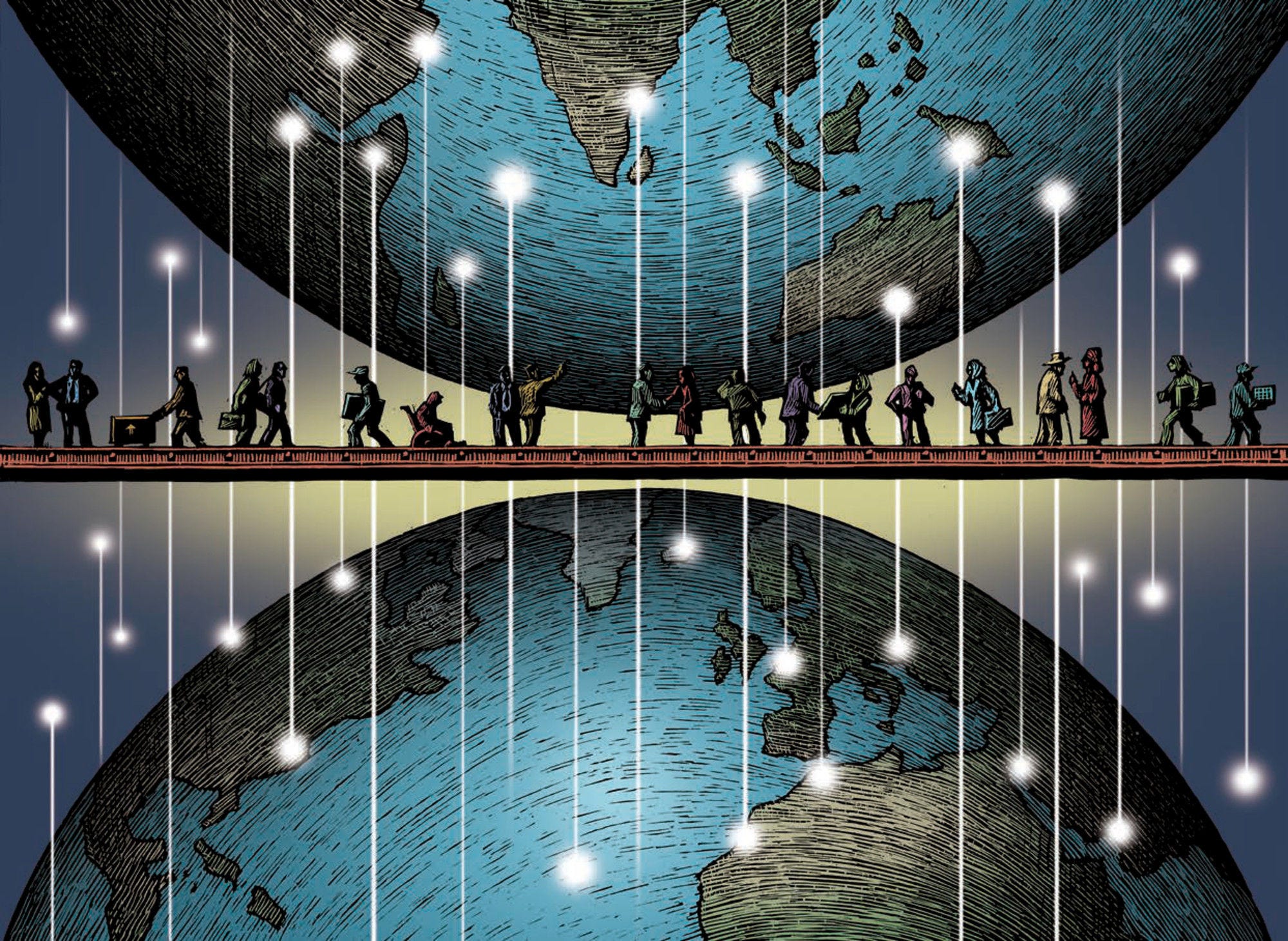In 2018, 4 900 new immigrants obtained a residence permit longer than 12 months in Estonia (excluding EU citizens), 22% more than in 2017. This figure comprises 35.1% labour migrants, 34.5% family members (including accompanying family), 25% who came for education reasons and 5.3% other migrants. Around 58 short-term permits were issued to international students and 87 to temporary and seasonal labour migrants (excluding intra-EU migration). In addition, 3 200 intra-EU postings were recorded in 2018, an increase of 5% compared to 2017. These posted workers are generally on short-term contracts.
Ukraine, Russia and Finland were the top three nationalities of newcomers in 2018. Among the top 15 countries of origin, Ukraine registered the strongest increase (500) and Latvia the largest decrease (‑100) in flows to Estonia compared to the previous year.
In 2019, the number of first asylum applicants increased by 11.1%, to reach around 100. The majority of applicants came from Russia (30) and Turkey (20). The largest increase since 2018 concerned nationals of Russia (+20) and the largest decrease nationals of Pakistan (‑10). Of the 90 decisions taken in 2019, 50% were positive.
In early 2020, the government proposed changes to the Alien’s Act, Income Tax Act and Taxation Act to prevent the misuse of employment regulations, as well as to limit tax evasion from enterprises and to ensure that they pay foreign workers the required Estonian average monthly wage. Moreover, the Ministry of the Interior proposed changes to the Aliens Act and Study Support and Study Loans Act to regulate the conditions for study migration and family migration in Estonia. This will mostly aim at better meeting the needs of the Estonian labour market. In April 2018, the government adopted a national action plan to prevent and tackle illegal employment.
The Citizenship Act was amended in 2019 to enlarge access to Estonian citizenship. A minor whose parent or grandparent lived in Estonia prior to the restoration of the Republic of Estonia independence (20 August 1991) may now apply for citizenship under a simplified procedure. Another amendment to the Citizenship Act provides free Estonian language training classes to adult applicants for citizenship who have been legally residing in Estonia for at least five years and are eligible for naturalisation. Language classes can involve paid study leave from work. The language examination does not apply to those who studied in Estonia and applicants aged 65 or older need to pass only the oral language examination.
A new national initiative, called the e-Residency 2.0 White Paper, was launched in December 2018 to continue to expand Estonia’s global influence. Based on cooperation between the public and private sector, E-Residency 2.0 includes 49 recommendations to make e-Residency more beneficial for everyone in Estonia.
At the end of 2018, the one‑stop-shop service centre called International House of Estonia opened in Tallinn. The aim of the centre is to provide consultation and public authority services for international newcomers in Estonia and for local employers. It mostly targets specialists who have come to Estonia to work or study, but also for their spouse, and for the company that hires foreign specialists.
In early 2020, to improve public knowledge of Estonia’s cultural diversity and its immigrants, Estonia intends to create a cross-media programme. The project would allow Estonians to know immigrants living in the country, the reasons for their arrival into the country and their experience of living in Estonia.
Estonia reacted to the COVID‑19 crisis by providing multilingual information and medical care to immigrants, and by covering all costs of their diagnosis and treatment of COVID‑19, even for those who are not insured in the public health system. In addition, all migration proceedings were temporarily suspended as of 16 March and for immigrants with temporary visas who were unable to return they were automatically extended. Estonia temporarily reintroduced border controls on 17 March. Migration services only processed applications for short-term employment for foreigners already living in the country. Streamlined procedures were introduced for foreign-born physicians and agriculture workers. Personal interviews for asylum seekers were suspended and the Dublin transfers (transfer of immigrants to their first country of entry to the EU) postponed.
For further information:

